With allergy season right around the corner, many Hilton Head Island, South Carolina, residents are heading indoors for a reprieve. Unfortunately, countless indoor allergens are standing by ready to wreak havoc on our immune systems, making allergies and asthma worse. Make sure your home is a safe harbor this spring season by tackling these common indoor allergens.
Dust Mites
Dust collects everywhere. It settles on surfaces, sinks into the fabric, and clogs up air filters. While dust itself is a filthy nuisance, it’s actually the critters living in the dust you have to worry about.
Dust mites feed on human skin flakes and thrive in hot, humid environments. Since they’re found anywhere in the house, it’s difficult to get away from them, but you can take precautions by dust-proofing bedding and other linens. Wash laundry in hot water every week to keep the dust mites at bay. Also, be sure to change your home’s air filters regularly so your HVAC system can help.
You can also invest in a whole-home humidifier to maintain ideal humidity levels all year long.
Pet Dander
When you own pets, pet dander can trigger symptoms in those who are allergic. Like dust, pet dander settles in every crevice, stirring up when you walk or even vacuum.
To avoid asthma and allergy triggers, keep pets off beds when possible. Ideally, you should keep pets out of a sufferer’s bedroom altogether. Using air cleaners or a whole-home air purifier can also help, especially if you don’t want to restrict your pet to certain areas of the home.
You’ll also want to change your HVAC filter once a month if you own pets, which is more frequent than the general recommendations. In addition, have your HVAC system maintained annually to ensure your ductwork is clear. Clean ductwork works more efficiently at filtering out allergens.
Common indoor allergens don’t have to cause prolonged suffering. If you or your loved ones suffer from asthma or allergies, don’t wait. Enlist the help of Dyess Air & Plumbing by calling (843) 242-0855.


